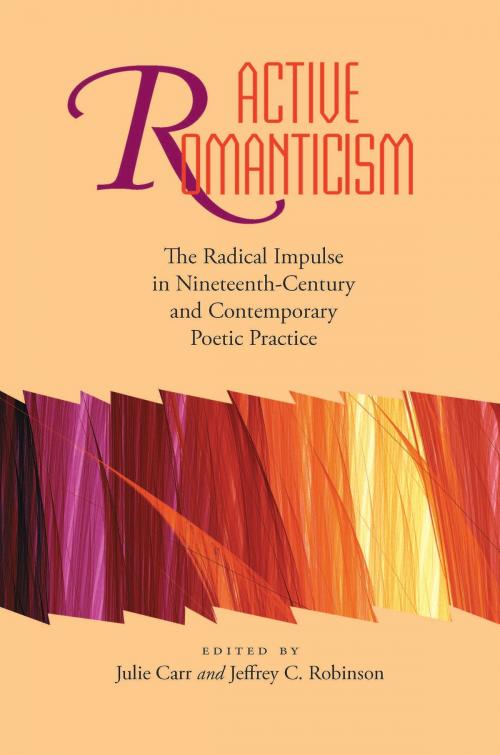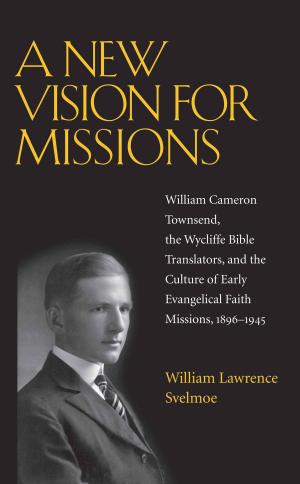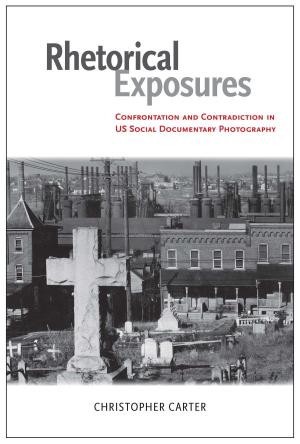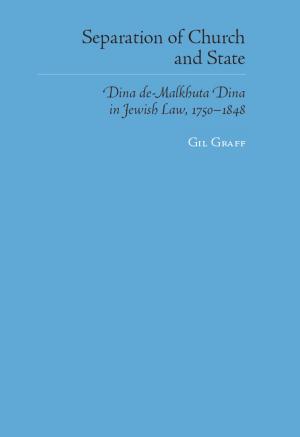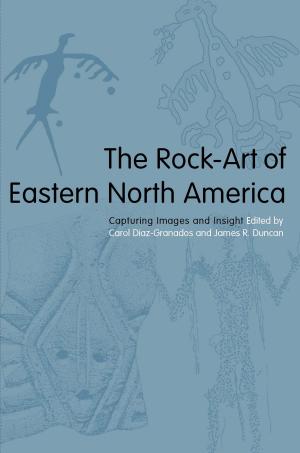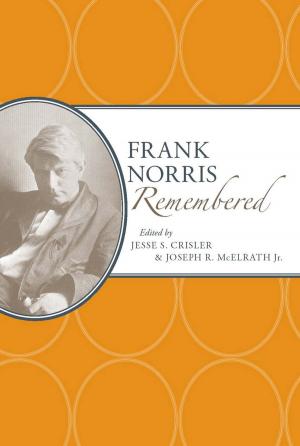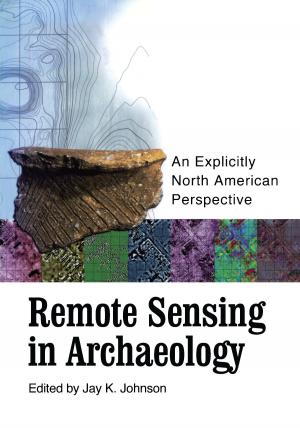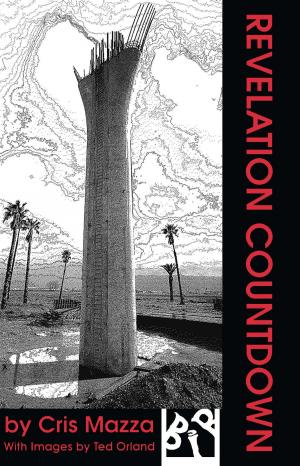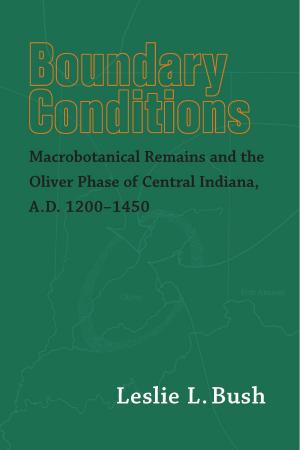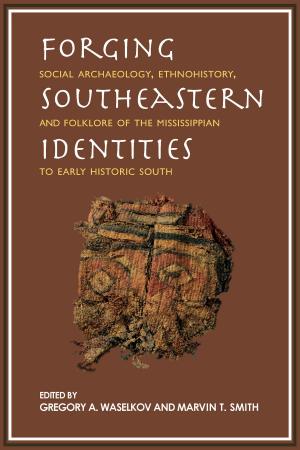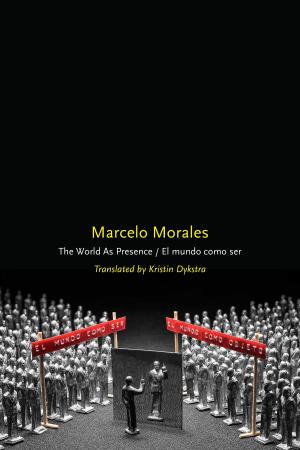Active Romanticism
The Radical Impulse in Nineteenth-Century and Contemporary Poetic Practice
Fiction & Literature, Literary Theory & Criticism, Poetry History & Criticism| Author: | Dan Beachy-Quick, Julie Carr, Jacques Darras, Rachel Blau DuPlessis, Judith Goldman, Simon Jarvis, Andrew Joron, Nigel Leask, Jennifer Moxley, Bob Perelman, Jeffrey C. Robinson, Jerome Rothenberg, Elizabeth Willis, Heriberto Yépez | ISBN: | 9780817387853 |
| Publisher: | University of Alabama Press | Publication: | March 31, 2015 |
| Imprint: | University Alabama Press | Language: | English |
| Author: | Dan Beachy-Quick, Julie Carr, Jacques Darras, Rachel Blau DuPlessis, Judith Goldman, Simon Jarvis, Andrew Joron, Nigel Leask, Jennifer Moxley, Bob Perelman, Jeffrey C. Robinson, Jerome Rothenberg, Elizabeth Willis, Heriberto Yépez |
| ISBN: | 9780817387853 |
| Publisher: | University of Alabama Press |
| Publication: | March 31, 2015 |
| Imprint: | University Alabama Press |
| Language: | English |
Literary history generally locates the primary movement toward poetic innovation in twentieth-century modernism, an impulse carried out against a supposedly enervated “late-Romantic” poetry of the nineteenth century. The original essays in Active Romanticism challenge this interpretation by tracing the fundamental continuities between Romanticism’s poetic and political radicalism and the experimental movements in poetry from the late-nineteenth-century to the present day.
According to editors July Carr and Jeffrey C. Robinson, “active romanticism” is a poetic response, direct or indirect, to pressing social issues and an attempt to redress forms of ideological repression; at its core, “active romanticism” champions democratic pluralism and confronts ideologies that suppress the evidence of pluralism. “Poetry fetter’d, fetters the human race,” declared poet William Blake at the beginning of the nineteenth century. No other statement from the era of the French Revolution marks with such terseness the challenge for poetry to participate in the liberation of human society from forms of inequality and invisibility. No other statement insists so vividly that a poetic event pushing for social progress demands the unfettering of traditional, customary poetic form and language.
Bringing together work by well-known writers and critics*,* ranging from scholarly studies to poets’ testimonials, Active Romanticism shows Romantic poetry not to be the sclerotic corpse against which the avant-garde reacted but rather the well-spring from which it flowed.
Offering a fundamental rethinking of the history of modern poetry, Carr and Robinson have grouped together in this collection a variety of essays that confirm the existence of Romanticism as an ongoing mode of poetic production that is innovative and dynamic, a continuation of the nineteenth-century Romantic tradition, and a form that reacts and renews itself at any given moment of perceived social crisis. Cover image: Ruckenfigur by Susan Bee, 2013, oil on linen, 24 x 30 in.
Contributors: Dan Beachy-Quick / Julie Carr / Jacques Darras / Rachel Blau DuPlessis / Judith Goldman / Simon Jarvis / Andrew Joron / Nigel Leask / Jennifer Moxley / Bob Perelman / Jeffrey C. Robinson / Jerome Rothenberg / Elizabeth Willis / and Heriberto Yépez
Literary history generally locates the primary movement toward poetic innovation in twentieth-century modernism, an impulse carried out against a supposedly enervated “late-Romantic” poetry of the nineteenth century. The original essays in Active Romanticism challenge this interpretation by tracing the fundamental continuities between Romanticism’s poetic and political radicalism and the experimental movements in poetry from the late-nineteenth-century to the present day.
According to editors July Carr and Jeffrey C. Robinson, “active romanticism” is a poetic response, direct or indirect, to pressing social issues and an attempt to redress forms of ideological repression; at its core, “active romanticism” champions democratic pluralism and confronts ideologies that suppress the evidence of pluralism. “Poetry fetter’d, fetters the human race,” declared poet William Blake at the beginning of the nineteenth century. No other statement from the era of the French Revolution marks with such terseness the challenge for poetry to participate in the liberation of human society from forms of inequality and invisibility. No other statement insists so vividly that a poetic event pushing for social progress demands the unfettering of traditional, customary poetic form and language.
Bringing together work by well-known writers and critics*,* ranging from scholarly studies to poets’ testimonials, Active Romanticism shows Romantic poetry not to be the sclerotic corpse against which the avant-garde reacted but rather the well-spring from which it flowed.
Offering a fundamental rethinking of the history of modern poetry, Carr and Robinson have grouped together in this collection a variety of essays that confirm the existence of Romanticism as an ongoing mode of poetic production that is innovative and dynamic, a continuation of the nineteenth-century Romantic tradition, and a form that reacts and renews itself at any given moment of perceived social crisis. Cover image: Ruckenfigur by Susan Bee, 2013, oil on linen, 24 x 30 in.
Contributors: Dan Beachy-Quick / Julie Carr / Jacques Darras / Rachel Blau DuPlessis / Judith Goldman / Simon Jarvis / Andrew Joron / Nigel Leask / Jennifer Moxley / Bob Perelman / Jeffrey C. Robinson / Jerome Rothenberg / Elizabeth Willis / and Heriberto Yépez
